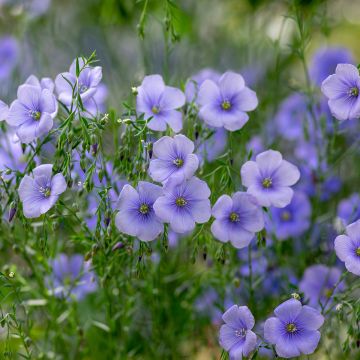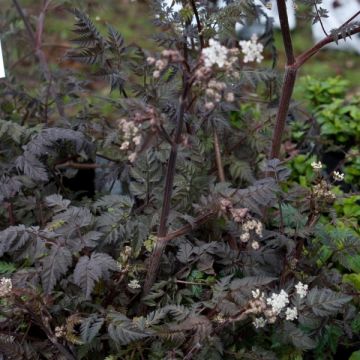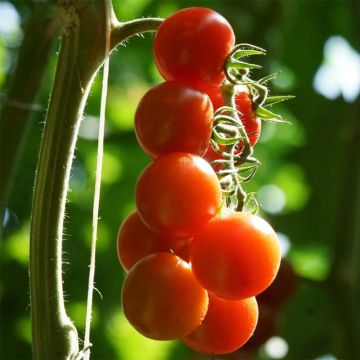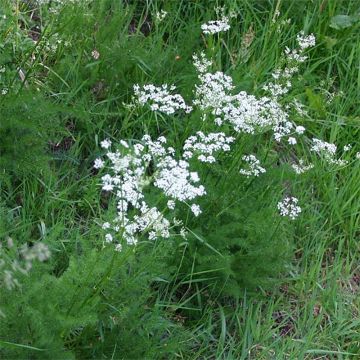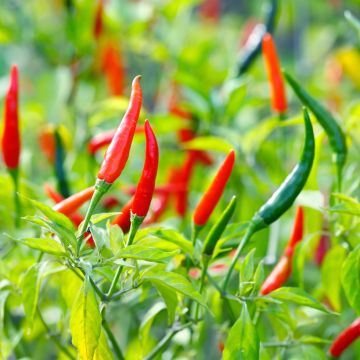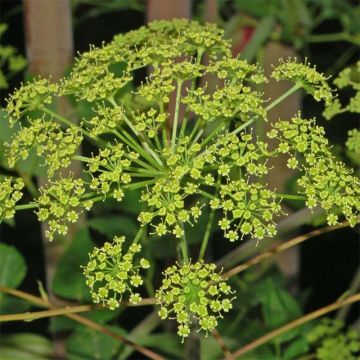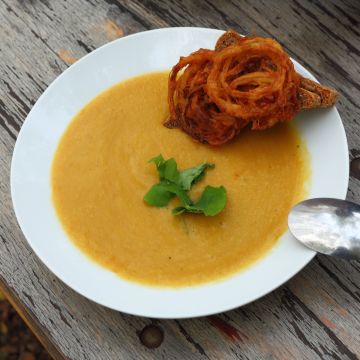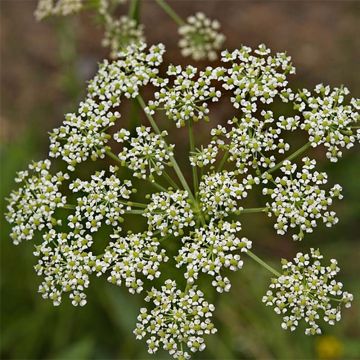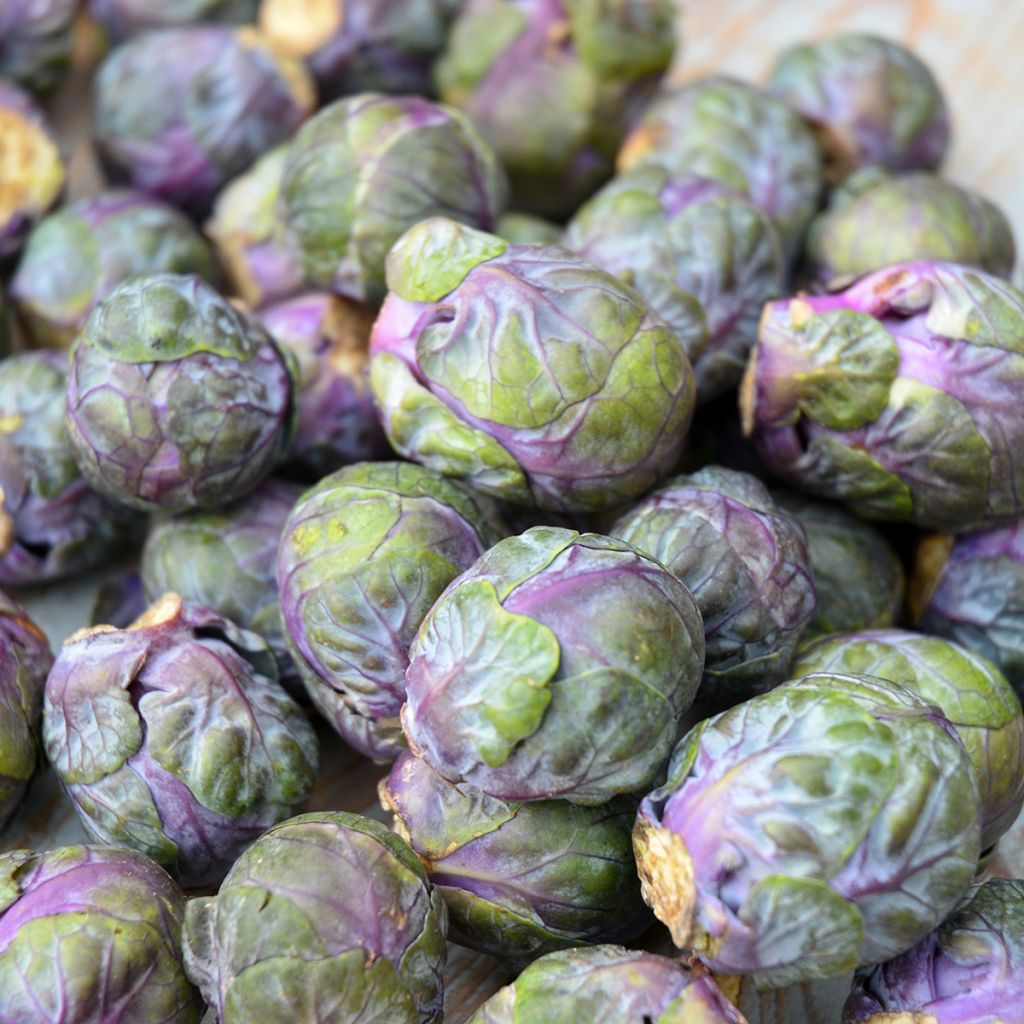

Brussels sprouts Red Rubine - Ferme de Sainte Marthe Seeds
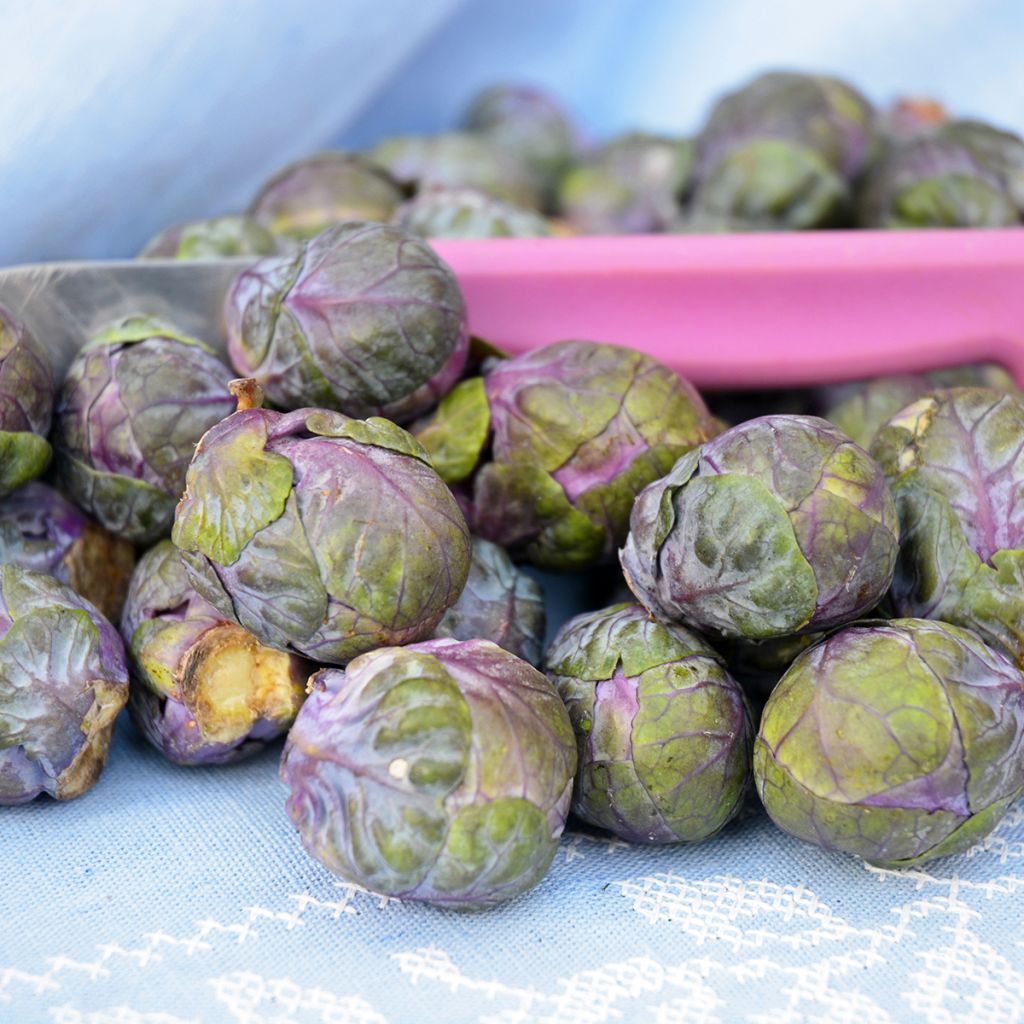

Brussels sprouts Red Rubine - Ferme de Sainte Marthe Seeds
Brussels sprouts Red Rubine - Ferme de Sainte Marthe Seeds
Brassica oleracea gemmifera Rubine
Choumette
Special offer!
Receive a €20 voucher for any order over €90 (excluding delivery costs, credit notes, and plastic-free options)!
1- Add your favorite plants to your cart.
2- Once you have reached €90, confirm your order (you can even choose the delivery date!).
3- As soon as your order is shipped, you will receive an email containing your voucher code, valid for 3 months (90 days).
Your voucher is unique and can only be used once, for any order with a minimum value of €20, excluding delivery costs.
Can be combined with other current offers, non-divisible and non-refundable.
Home or relay delivery (depending on size and destination)
Schedule delivery date,
and select date in basket
This plant carries a 6 months recovery warranty
More information
We guarantee the quality of our plants for a full growing cycle, and will replace at our expense any plant that fails to recover under normal climatic and planting conditions.
Description
'Red Rubine' Brussels sprout is a beautiful heirloom variety destined for autumn crops. It produces purplish-red buds that are full of flavour. The colourful plants are very ornamental and would not look out of place in a flower garden. Sow from March to May for harvests from October to December.
Brussels sprouts (Brassica oleracea gemmifera) are leaf vegetables belonging to the large Brassicaceae family (ex-Cole family). This biennial plant is grown as an annual for its small, cabbage-like axillary buds. It was developed during the 14th century by Belgian market gardeners willing to increase their productivity. Because Brussels sprouts grow vertically, they take up little ground space and offer higher yields per m2 than regular cabbage.
Brussels sprouts are an autumn and winter vegetable par excellence. They have a sweet and delicate, comforting flavour that goes well with smoked bacon and chestnuts. They are traditionally eaten braised, sautéed or boiled to accompany meat and fish dishes. They can also be lightly steamed and eaten in cold salads. From a nutritional point of view, brussels sprouts are excellent: their energy value is low but they are very rich in vitamins C and B as well as containing lots of fibre, antioxidants and minerals.
Brussels sprouts are not as demanding as other types of cabbage. They thrive in moderately rich soil (high in nitrogen) with regular watering and plenty of sun. Amending with too much compost or manure will result in small, blown or burst sprouts. Best results are generally achieved in cool and rainy climates.
Harvest: Harvest Brussels sprouts by cutting them off the stem with a sharp knife, from the bottom upwards.
Storage: Brussels sprouts will keep for 3-4 days in the refrigerator. They also freeze very well after being blanched in boiling salty water.
Good to know: Even if the vegetable garden is first and foremost a place for growing great quality veg, it’s always a good idea to leave a bit of room for flowers. Growing flowers alongside your vegetable plants will make your general gardening experience more enjoyable and is a great way to attract pollinators and repel garden pests! Flowers such as gaillardia, marigolds, zinnias, cosmos or nasturtiums can be sown in and around the rows of vegetables. Herbs such as dill can be very useful also. Bear in mind that some companion plants self-seed easily and can be a bit invasive (borage, chives, lemon balm etc.)
NB. Organic seeds (in French "AB" for "Agriculture Biologique") are produced from plants that aren't treated with phytosanitary products (insecticides, weed killers). The seeds do not undergo post-harvest treatment. They carry the AB label and are approved by Ecocert, an independent structure.
Report an error about the product description
Harvest
Plant habit
Foliage
Botanical data
Brassica
oleracea
gemmifera Rubine
Brassicaceae
Choumette
Cultivar or hybrid
Annual
Planting and care
Sowing:
The germination temperature of Rubine Brussels Sprouts is between 7 and 20°C and takes an average of 10 days.
It can be sown from March to May for a harvest from October to December.
You can either directly sow it in the ground or prepare seedlings that will later be planted in their final position in the garden.
Preparing seedlings: In a heated greenhouse at the end of winter, in a cold greenhouse or in a nursery in the garden for the rest of the year, sow the seeds at a depth of 1 cm in a good seed compost. Lightly cover with compost or vermiculite. Don't forget to keep the substrate moist but not waterlogged!
When the young plants appear strong enough to be handled, transplant them into pots if necessary and, for seedlings in heated greenhouses, gradually acclimatize them to cooler temperatures before transplanting them in the garden, when there is no longer any risk of frost.
Direct sowing: In properly amended and finely worked soil, make furrows about 1 cm deep, spaced 65 cm apart. Sow the seeds and cover them with a thin layer of fine soil. When the seedlings are well developed, thin them out, leaving one plant every 65 cm.
Cultivation:
Brussels Sprouts are less demanding than most cabbage varieties. They thrive in moderately rich soil, especially in nitrogen. Overly rich soil would result in the production of small, open, or burst sprouts.
They are not very tolerant of soil pH, which should be between 5.6 and 6.5. In acidic soil, it will be necessary to gradually increase the pH by adding calcium in the form of Dolomite or Lime.
Brussels Sprouts, like all cabbages, are quite susceptible to diseases such as Clubroot and pests (Cabbage White Butterfly, Cabbage Fly, Flea Beetle, Gall Midge...). It is very important, for this crop, to pay attention to crop rotation.
Seedlings
Care
Intended location
This item has not been reviewed yet - be the first to leave a review about it.
Similar products
Haven't found what you were looking for?
Hardiness is the lowest winter temperature a plant can endure without suffering serious damage or even dying. However, hardiness is affected by location (a sheltered area, such as a patio), protection (winter cover) and soil type (hardiness is improved by well-drained soil).

Photo Sharing Terms & Conditions
In order to encourage gardeners to interact and share their experiences, Promesse de fleurs offers various media enabling content to be uploaded onto its Site - in particular via the ‘Photo sharing’ module.
The User agrees to refrain from:
- Posting any content that is illegal, prejudicial, insulting, racist, inciteful to hatred, revisionist, contrary to public decency, that infringes on privacy or on the privacy rights of third parties, in particular the publicity rights of persons and goods, intellectual property rights, or the right to privacy.
- Submitting content on behalf of a third party;
- Impersonate the identity of a third party and/or publish any personal information about a third party;
In general, the User undertakes to refrain from any unethical behaviour.
All Content (in particular text, comments, files, images, photos, videos, creative works, etc.), which may be subject to property or intellectual property rights, image or other private rights, shall remain the property of the User, subject to the limited rights granted by the terms of the licence granted by Promesse de fleurs as stated below. Users are at liberty to publish or not to publish such Content on the Site, notably via the ‘Photo Sharing’ facility, and accept that this Content shall be made public and freely accessible, notably on the Internet.
Users further acknowledge, undertake to have ,and guarantee that they hold all necessary rights and permissions to publish such material on the Site, in particular with regard to the legislation in force pertaining to any privacy, property, intellectual property, image, or contractual rights, or rights of any other nature. By publishing such Content on the Site, Users acknowledge accepting full liability as publishers of the Content within the meaning of the law, and grant Promesse de fleurs, free of charge, an inclusive, worldwide licence for the said Content for the entire duration of its publication, including all reproduction, representation, up/downloading, displaying, performing, transmission, and storage rights.
Users also grant permission for their name to be linked to the Content and accept that this link may not always be made available.
By engaging in posting material, Users consent to their Content becoming automatically accessible on the Internet, in particular on other sites and/or blogs and/or web pages of the Promesse de fleurs site, including in particular social pages and the Promesse de fleurs catalogue.
Users may secure the removal of entrusted content free of charge by issuing a simple request via our contact form.
The flowering period indicated on our website applies to countries and regions located in USDA zone 8 (France, the United Kingdom, Ireland, the Netherlands, etc.)
It will vary according to where you live:
- In zones 9 to 10 (Italy, Spain, Greece, etc.), flowering will occur about 2 to 4 weeks earlier.
- In zones 6 to 7 (Germany, Poland, Slovenia, and lower mountainous regions), flowering will be delayed by 2 to 3 weeks.
- In zone 5 (Central Europe, Scandinavia), blooming will be delayed by 3 to 5 weeks.
In temperate climates, pruning of spring-flowering shrubs (forsythia, spireas, etc.) should be done just after flowering.
Pruning of summer-flowering shrubs (Indian Lilac, Perovskia, etc.) can be done in winter or spring.
In cold regions as well as with frost-sensitive plants, avoid pruning too early when severe frosts may still occur.
The planting period indicated on our website applies to countries and regions located in USDA zone 8 (France, United Kingdom, Ireland, Netherlands).
It will vary according to where you live:
- In Mediterranean zones (Marseille, Madrid, Milan, etc.), autumn and winter are the best planting periods.
- In continental zones (Strasbourg, Munich, Vienna, etc.), delay planting by 2 to 3 weeks in spring and bring it forward by 2 to 4 weeks in autumn.
- In mountainous regions (the Alps, Pyrenees, Carpathians, etc.), it is best to plant in late spring (May-June) or late summer (August-September).
The harvesting period indicated on our website applies to countries and regions in USDA zone 8 (France, England, Ireland, the Netherlands).
In colder areas (Scandinavia, Poland, Austria...) fruit and vegetable harvests are likely to be delayed by 3-4 weeks.
In warmer areas (Italy, Spain, Greece, etc.), harvesting will probably take place earlier, depending on weather conditions.
The sowing periods indicated on our website apply to countries and regions within USDA Zone 8 (France, UK, Ireland, Netherlands).
In colder areas (Scandinavia, Poland, Austria...), delay any outdoor sowing by 3-4 weeks, or sow under glass.
In warmer climes (Italy, Spain, Greece, etc.), bring outdoor sowing forward by a few weeks.
































